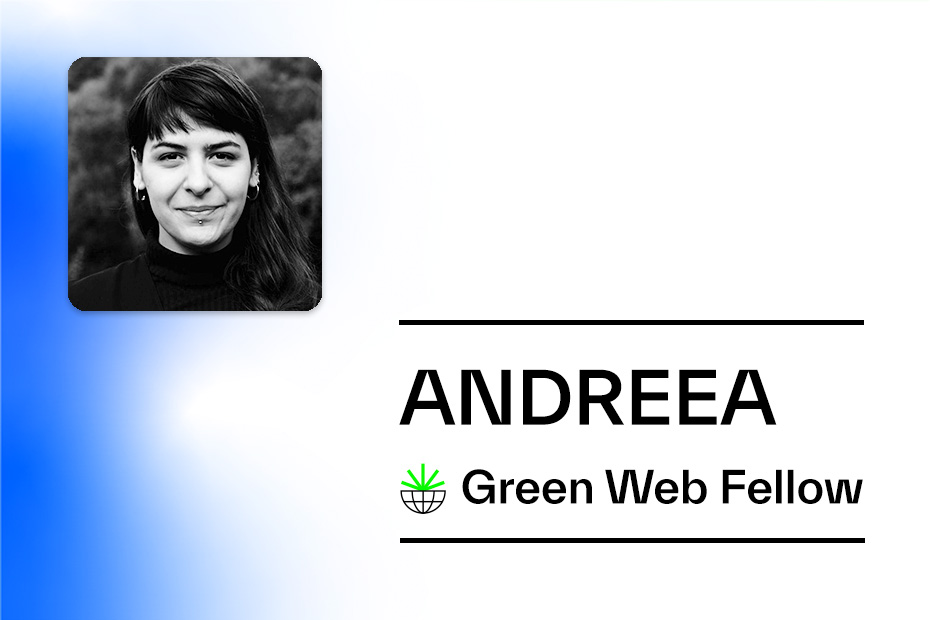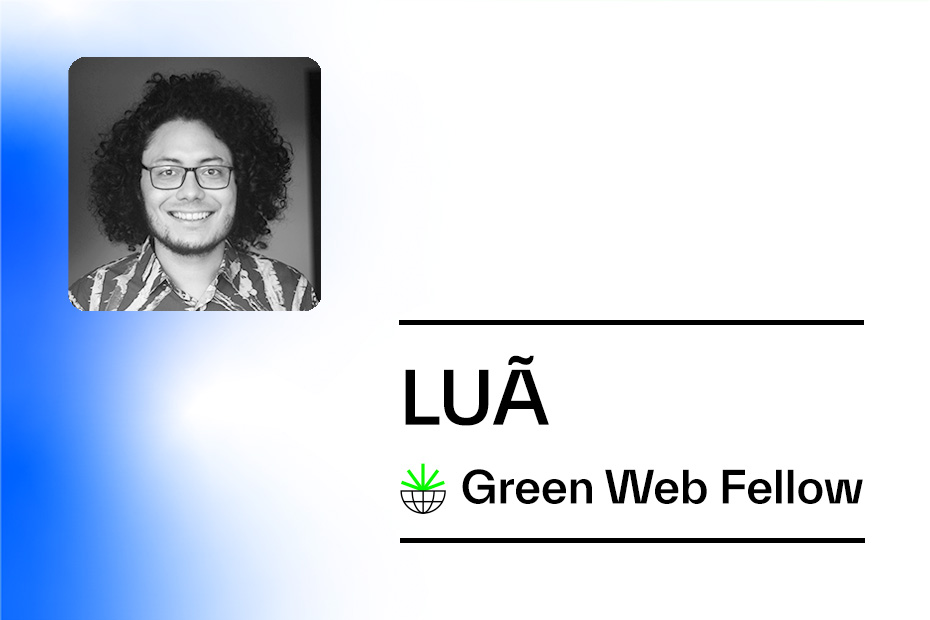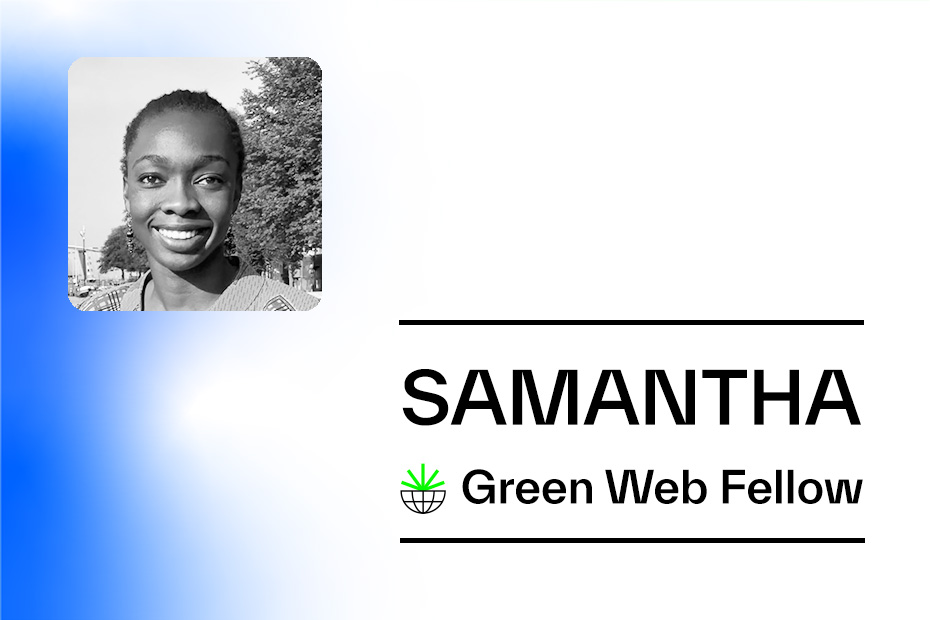Dear diary,
Over the last few months I’ve been dipping my toes into different explanations of “climate justice”. Here’s how I’ve chosen/fallen into doing that so far…
Applying climate justice workshop
My first step was to attend a workshop by the brilliant ClimateAction.tech (CAT) community, Applying Climate Justice. I’ve attended quite a few CAT sessions since they started and I always enjoy the safe space they provide to explore new topics.
The workshop introduced me to an organisation called Work on Climate, and their Climate Justice 101 guide, and also a YouTube recording of a short beginner-friendly guide on the CAT YouTube channel. It’s worth pointing out that by the authors’ own admission, the Climate Justice 101 guide shouldn’t be taken as a definitive explanation of the topic. The authors aren’t experts in climate justice, but are open sourcing their own learning in case it’s helpful to others. It’s best thought of as a copy of a copy. With that in mind, I was ready to delve in to start building my awareness.
My learning points
I learned a ton through the workshop. I had a few key takeaways:
- The term “climate justice” is
an emerging phrase*complex. In fact pretty much the first thing the Climate Justice 101 guide says is just that:
Climate justice has many definitions and implications. You may have seen the term “climate justice” used in many related but diverse contexts
Climate Justice 101 guide
I find this reassuring that my initial understanding of the term isn’t wrong. It’s probably just a bit limited. That I can work with.
* In the first version of this blog post, Melissa made a good point about my choice of the word emerging. She kindly pointed out that climate justice has been around since 1999, and maybe what I mean to say is it’s an emerging mainstream topic. People, mainly black and indigenous communities have been talking about this a long time. It’s just we (I) haven’t been paying attention in the west (my words, not hers!). Honestly, I confused complex with incomplete. It’s a strong and humbling learning point.
- A very short way of starting to explain “climate justice”, again lifted from the Climate Justice 101 guide:
To understand climate justice, we can start with two premises at the root of most climate justice definitions:
(1) climate change’s disproportionate impacts are fundamentally unjust, and
(2) justice requires that climate change solutions address those injustices.
Climate Justice 101 guide
Something that resonates with me here is the topic of e-waste. I can easily relate e-waste to my day job as a freelance WordPress developer. My life is full of electronics like my laptop, monitors, wifi routers, phones etc to do my job. Without these things, I can’t work with my clients to make websites.
I’ve read a lot before about the colossal amount of e-waste the EU produces, and the consequences that come from the way electronics are disposed at their end of life, and who bears the brunt of that negligence. Clue: the poorest and most sidelined in society, who have limited access if any access to said electronics. Not the producers or consumers of the electronics.
This summer (July 2021), the infamous Agbogbloshie e-waste site in Ghana was razed. Muntaka Chasant’s article Agbogbloshie Demolition: The end of an era of an injustice? is a remarkable, but heart-breaking, account of it all, and a perfect example of just how complex and deeply unfair the issues are. Back in 2015 UK based The Restart Project wrote this piece, Representation of e-waste matters, about the complexity of the site and the dangers of the way the western media talked about it.
- Power analysis and power dynamics are a thing.
I’d never heard of power analysis before. I’m familiar with stakeholder engagement from my time running a PMO (Project Management Office) at the Environment Agency. I see overlaps between the two disciplines but there are definite differences in the way things are framed.
The climate justice framework we talked through in the workshop is roughly this:
- Distributive justice – who is harmed and who is helped. How are benefits and burdens distributed?
- Procedural justice – who has power in decision making and who is left out?
- Recognition justice – whose needs are seen or ignored in this? Who are we not seeing, why don’t we value them?
I later came across a different definition of this framework which Chris steered me towards. The below is drawn from a paper called Toward transformative climate justice: An emerging research agenda and describe the four pillars of climate justice:
- Distributional – how the costs and benefits of climate change and action are shared.
- Procedural – ensuring the processes for making decisions about the impacts of and responses to climate change are fair, accountable and transparent.
- Recognition – recognising differences between groups in how they experience climate change and their right to express these differences.
- Intergenerational – the ability of current generations to meet their needs without compromising the ability of future generations to meet their own needs.
I recognise the fourth point as the definition of sustainability from the Bruntland report. It’s really great to see how sustainability fits into the definition of climate justice, and to think it’s just one pillar of four. Sustainability in itself is a huge topic! Cripes.
Later on I decided to explore the topic of power a bit more, and ended up reading a few articles on participatorymethods.org, starting with this article on power which was really interesting.
Other reading
The workshop provided a good starting point, but that key takeaway of “this topic is complex”, told me that I needed to get right down this rabbit hole and engage with a lot more stuff to even begin to understand. Especially stuff from diverse audiences, and those who are or have been on the frontlines fighting for climate justice.
Actually the list of stuff I could go at is a bit overwhelming, so thank goodness for the other fellows who I can ask for advice and steer.
As part of the fellowship we’ve been putting together a climate justice reading list on Zotero, and I’ve read a lot of the stuff in there by now. The ones I’ve spent most time on are:
- In-depth QA: What is climate justice by Carbon Brief
- Greenhouse Gansters vs Climate Justice by Corp Watch
- Mary Robinson Foundation Climate Justice principles by Mary Robinson Foundation (MRF)
On that last one, it was Michelle that pointed me in the direction of MRF by sharing a definition of climate justice that resonates with her:
Climate justice insists on a shift from a discourse on greenhouse gases and melting ice caps into a civil rights movement with the people and communities most vulnerable to climate impacts at its heart.
Mary Robinson
And I’ve got to agree with Michelle on that. It resonates with me a lot too, especially with regards to my own journey – thanks Michelle!
Reflections on what I’m learning
I’ve been thinking deeply about the Mary Robinson quote and it’s helped me place why talking about climate justice specifically in tech is so important.
For the most part in tech we’re stuck on the starting blocks with having just a one dimensional view of climate action as reduce carbon emissions because we’re killing the planet. It is a great starting point, don’t get me wrong, I started there too. But I think we probably need to mature and recognise that if we really really want to take meaningful impact on the climate crisis, we need to focus on people.
We’re not killing the planet, we’re killing humanity (and everything else good as a consequence).
Sustainability is our next level up from carbon emissions chat, and after that climate justice. This is a theme I’m going to keep working through as I think there’s something in this.
I’ve also found engaging with the stories of the repeated injustices done at Agbogbloshie hard. It’s these kinds of stories that are at the heart of the struggle for climate justice. They’re not made up stories. These are real. The pain and struggle of these people is real. And this goes on all over the world, and has done for a long time. It makes me really angry and unbelievably sad that people treat others in this way. And the driving force – money and power.
But one of the things that was said at the beginning of the CAT workshop was that we should lean into our discomfort. I’m trying to do that and not shy away, because this matters. It matters that these stories are heard and it matters that the impacts are surfaced. But I also needed to give myself some time and space to reflect on what I read about. (I’m a deep empath and if you’re one, you’ll understand the importance of not drowning yourself in the hardships of others and taking regular time out).
Aside from that, I also feel somewhat relieved.
Relieved because I am comforted to know that “climate justice” is regarded as a complex term, not just to me but to others. I’m not expected to know what it means in all it’s dimensions, so it’s ok that I’m a bit at sea.
I guess the confusion is the whole point of the fellowship. We are being asked to grapple with these issues in the open, so others can learn with us. And who knows, we might ignite more discussion about the place of technology in a more sustainable, just world.
Next steps
I’m interested in taking forward the idea of doing a little light research to see if and how other technologist practitioners (not academics) are talking about climate justice and social impacts in general. Have we got beyond carbon emissions yet? And if so, how are they talking about it and where? I’d like to look into this.
And I’m going to keep reading around climate justice and finding stories and examples that relate to the UK, the world of technology, and the world of WordPress.
I also feel a few diagrams brewing. Diagrams that might help others place carbon emissions in the context of sustainability and climate justice. I love a good picture!
I’ll let you know what happens next soon…



